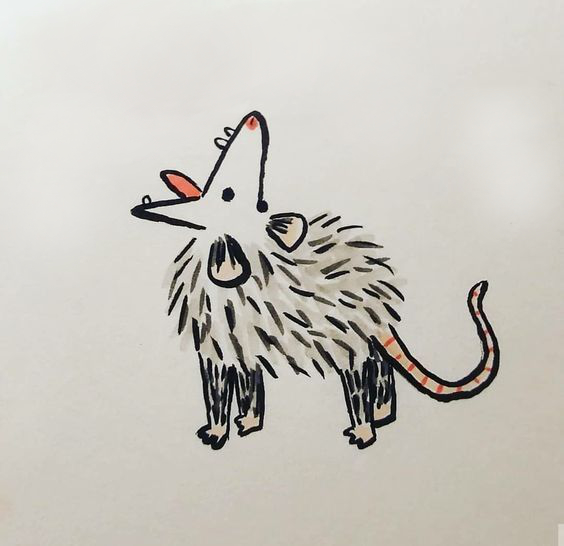A simulation imitates a real-world process or system over time. Each person's perception of reality is a simulation, shaped by the complex signs and symbols they receive from the media and the people around them. Everyone develops a worldview based on their unique simulation of reality.
The signs and symbols in the real world have gradually evolved from representing reality to becoming mere copies of reality, and eventually, copies of those copies and so on. This progression has led to a point where these signs and symbols no longer have any connection to actual reality. Consequently, our worldview, formed within our personal simulations, has lost relevance to the true nature of reality. Most people now focus solely on the simulation, constructing their identities around it.
Because we are no longer confined to the signs and symbols of our immediate geographical location, local community, and cultural beliefs, and instead have access to vast amounts of signs and symbols through the internet, social media, mainstream media, television, and radio, we are experiencing a fragmentation of identities. This exposure to diverse and often conflicting information leads to an identity crisis for individuals.
One response to this identity vacuum and disconnected society is a surge in consumerism, where buying things has become a primary way for people to express who they are. The notion of "you are what you own" has led to an increased emphasis on social status through possessions, such as the brand of clothes, phones, vehicles, and other items one owns.
Beyond possessions that depict your personality and values, the more a person’s simulation of reality is distorted from the real world, the more emphasis they place on their image and social status, and the more they imitate the signs and symbols fed to them through media. This is why many people blindly follow a narrative in the news and proudly announce that they are adhering to the current trend.
One way to break free from this state of simulation is to recognize that you are in one and to see the signs and symbols for what they really are: artificial constructs.

snotklap / Snotklap
npub178…xrtwg
2024-07-05 04:37:20
Author Public Key
npub178ysc2ceq24y497lna3w08l70wh6dzd2me33l52fl69mj0zwd36sgxrtwgPublished at
2024-07-05 04:37:20Event JSON
{
"id": "133ab70cab3a50517062a4be49ed32dec34d50900d0ff388b276a161cbc0439c",
"pubkey": "f1c90c2b1902aa4a97df9f62e79ffe7bafa689aade631fd149fe8bb93c4e6c75",
"created_at": 1720154240,
"kind": 1,
"tags": [],
"content": "A simulation imitates a real-world process or system over time. Each person's perception of reality is a simulation, shaped by the complex signs and symbols they receive from the media and the people around them. Everyone develops a worldview based on their unique simulation of reality.\n\nThe signs and symbols in the real world have gradually evolved from representing reality to becoming mere copies of reality, and eventually, copies of those copies and so on. This progression has led to a point where these signs and symbols no longer have any connection to actual reality. Consequently, our worldview, formed within our personal simulations, has lost relevance to the true nature of reality. Most people now focus solely on the simulation, constructing their identities around it.\n\nBecause we are no longer confined to the signs and symbols of our immediate geographical location, local community, and cultural beliefs, and instead have access to vast amounts of signs and symbols through the internet, social media, mainstream media, television, and radio, we are experiencing a fragmentation of identities. This exposure to diverse and often conflicting information leads to an identity crisis for individuals.\n\nOne response to this identity vacuum and disconnected society is a surge in consumerism, where buying things has become a primary way for people to express who they are. The notion of \"you are what you own\" has led to an increased emphasis on social status through possessions, such as the brand of clothes, phones, vehicles, and other items one owns.\n\nBeyond possessions that depict your personality and values, the more a person’s simulation of reality is distorted from the real world, the more emphasis they place on their image and social status, and the more they imitate the signs and symbols fed to them through media. This is why many people blindly follow a narrative in the news and proudly announce that they are adhering to the current trend.\n\nOne way to break free from this state of simulation is to recognize that you are in one and to see the signs and symbols for what they really are: artificial constructs.",
"sig": "dc4c17fc0fffdcb70e8d7286911050fb3abbc53f4c11c7f5ab2007c9d981fdbc195a63a9a1da32a8231f0800fd5dd99149843b6c7b47cd91a30b6cade5d45e60"
}